|
|
Post by barbarama on Aug 10, 2014 3:29:16 GMT
Episode title as per IMDb
|
|
|
|
Post by snacky on Aug 10, 2014 3:34:52 GMT
Darn I wish we could move our thread on this down here.
|
|
|
|
Post by snacky on Aug 11, 2014 4:39:49 GMT
Here's a picture of a corner of NYC in 1899. 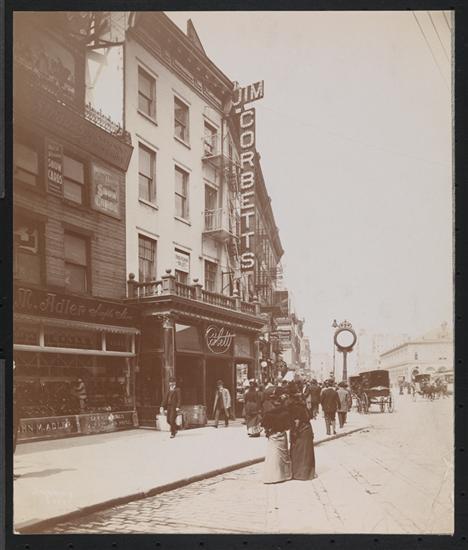 Luna Park, 1906 - must be an amusement park - looks cool! 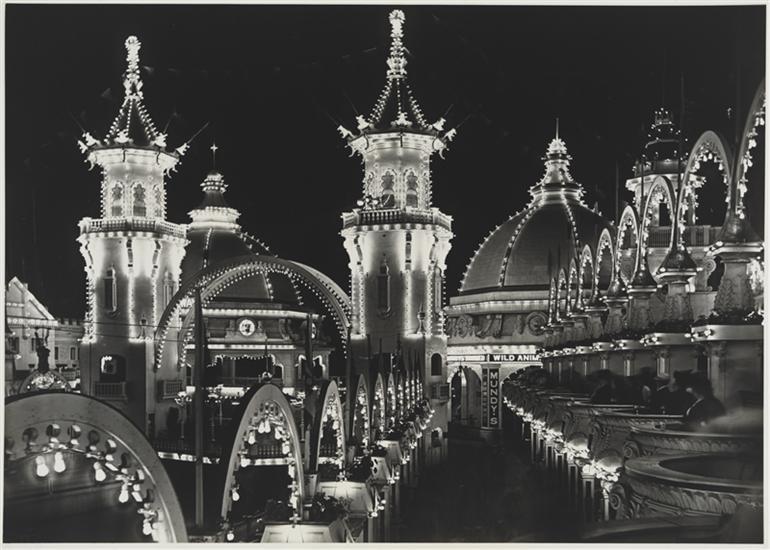 Columbus Circle 1915, but could be earlier... 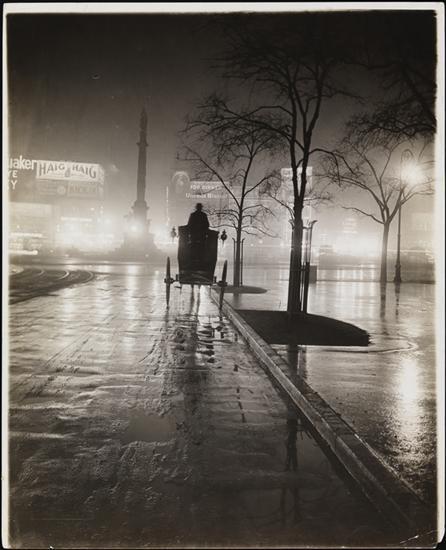 |
|
|
|
Post by snacky on Aug 11, 2014 4:49:31 GMT
Before the Episodes threads were in place we were discussing the possibility this episode deals with a large train wreck in Manhattan - it might possible involve William's opinion because: 1) The engineer was initially blamed (there was a great deal of "media sensationalizing" of the case) but ultimately exonerated. 2) The case had larger political ramifications, leading the state of New New York to ban steam technology in favor of electricity. 3) There's potential for a lot of drama and conflict related to science: scores of people were not killed by the wreck, but roasted by steam. Is this happening on the honeymoon? CLICK HERE for the original discussion thread. |
|
|
|
Post by snacky on Aug 11, 2014 5:13:21 GMT
Some more mood setting for this ep. Catskills 1902 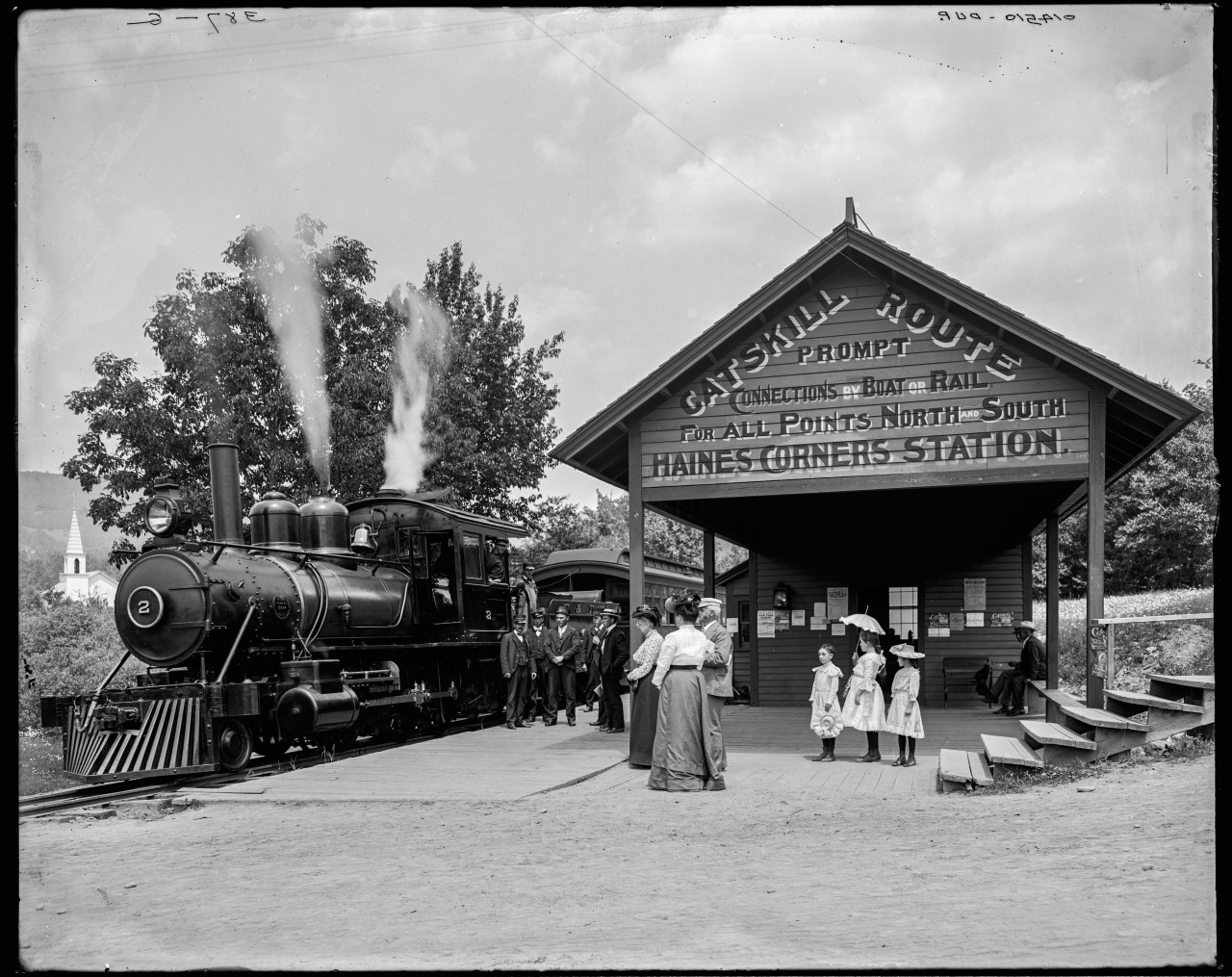 Mott st. 1908 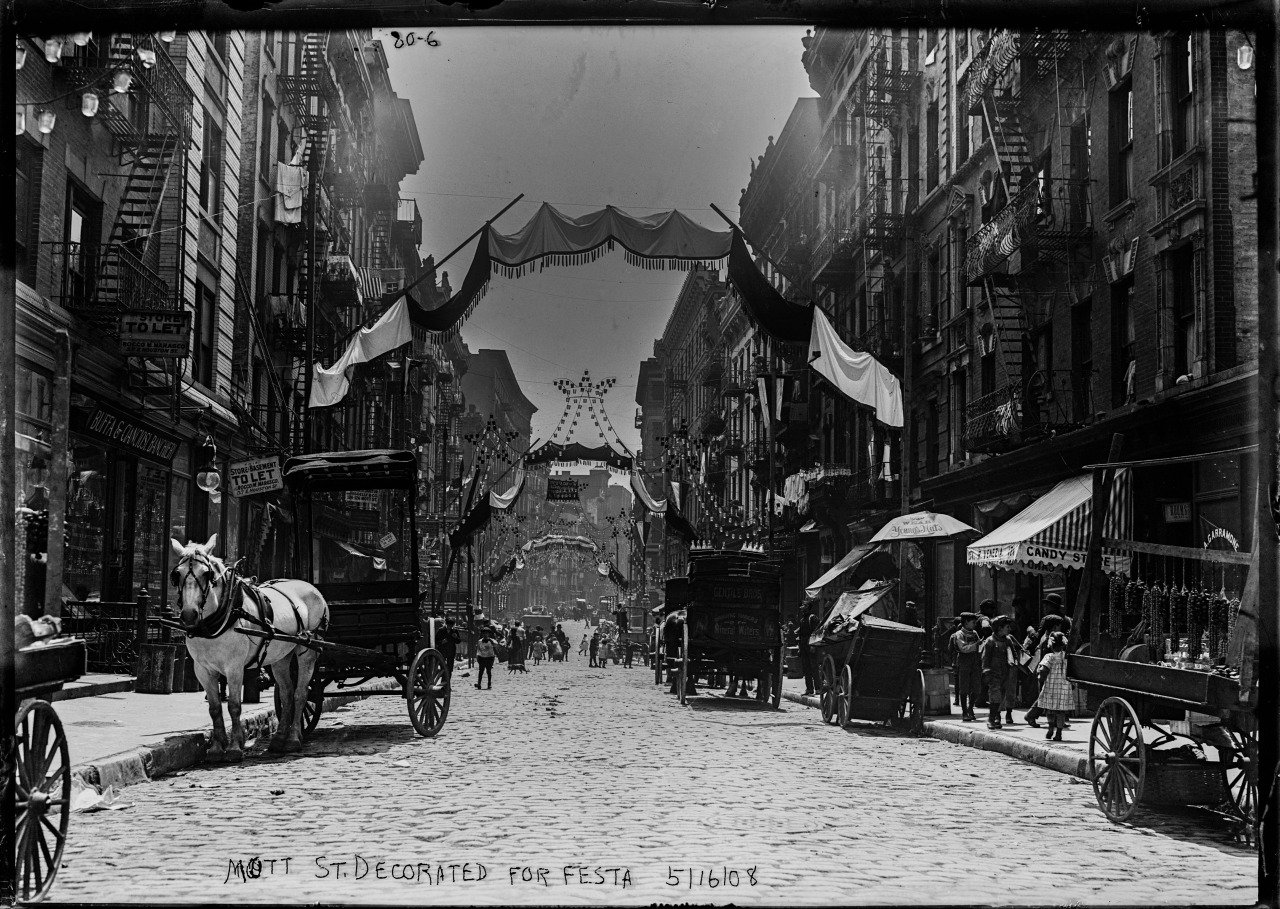 circa 1910 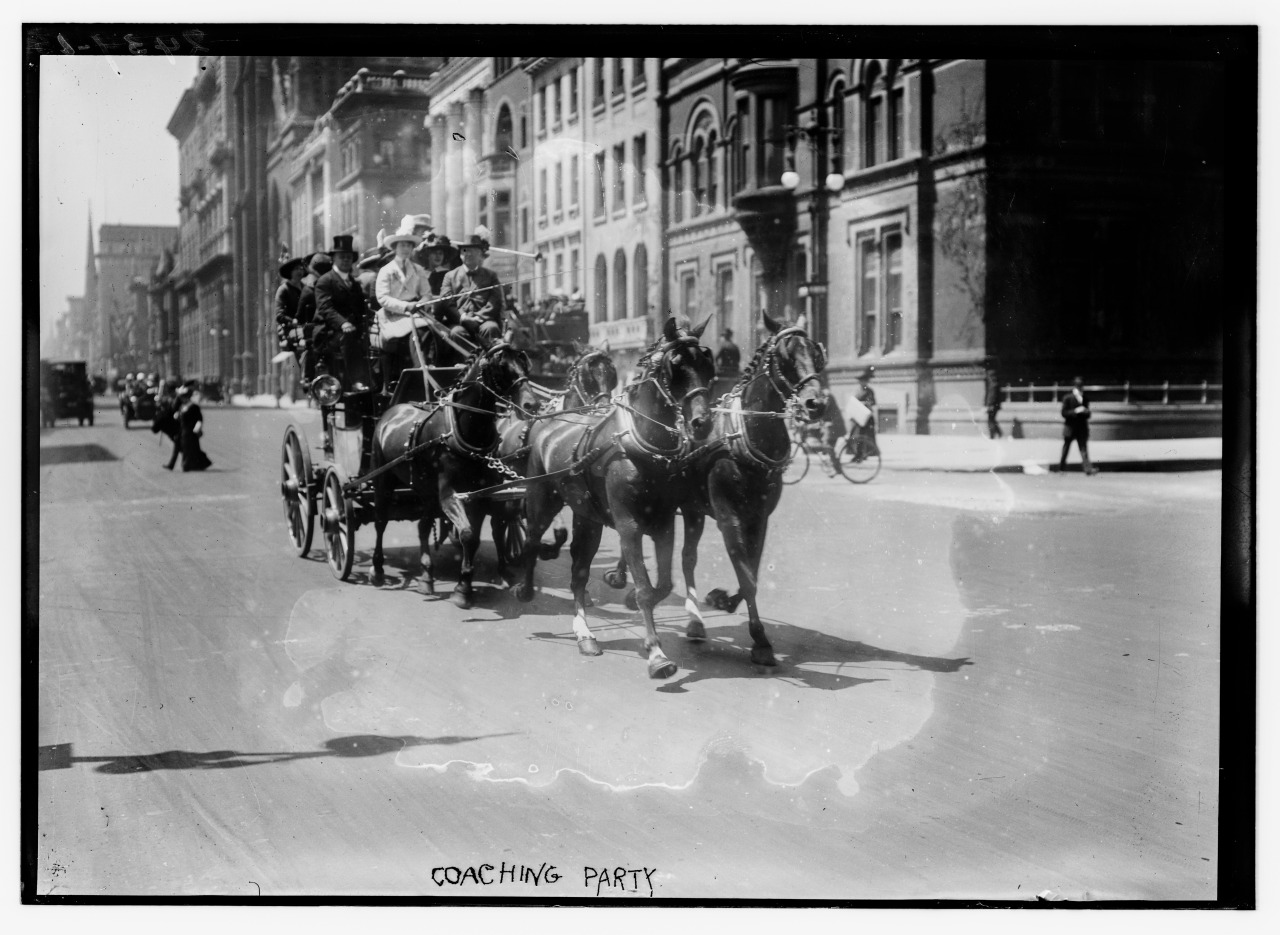 |
|
|
|
Post by snacky on Aug 11, 2014 5:32:47 GMT
Pinterest on Gilded Age New York: That's approximately the age we're dealing with now, having exited the Victorian age when Victoria died. The comparable age in Europe is called the Belle Epoque. Not sure what Canada likes to call it. Perhaps the honeymoon is at the Waldorf-Astoria?   This one is in 1901!   |
|
|
|
Post by snacky on Aug 11, 2014 5:43:41 GMT
|
|
|
|
Post by wildhorseannie on Aug 22, 2014 22:14:49 GMT
Ooo, super fancy! I wonder if William can afford that on a copper's salary?  |
|
|
|
Post by snacky on Aug 23, 2014 0:13:50 GMT
Ooo, super fancy! I wonder if William can afford that on a copper's salary?  He was taking Julia to French restaurants in Season 7, which may explain why he was so desperate to run around at the Mayor's beck and call. Maybe he was already thinking of how he was going to get a promotion that would pay for the honeymoon...?  But another thing we have been discussing is the fact that William would legally control Julia's fortune after they are married. (I have a feeling Julia would ask a lawyer to draw up some papers allowing her to reserve some independent control, though - and William wouldn't think twice about signing them.) |
|
|
|
Post by Fallenbelle on Aug 23, 2014 13:43:12 GMT
Ooo, super fancy! I wonder if William can afford that on a copper's salary?  He was taking Julia to French restaurants in Season 7, which may explain why he was so desperate to run around at the Mayor's beck and call. Maybe he was already thinking of how he was going to get a promotion that would pay for the honeymoon...?  But another thing we have been discussing is the fact that William would legally control Julia's fortune after they are married. (I have a feeling Julia would ask a lawyer to draw up some papers allowing her to reserve some independent control, though - and William wouldn't think twice about signing them.) But it's conceivable that he's just been socking it away for when he did marry. No, he didn't have as much money as Julia, but he wouldn't have been poor either-a detective was a solid middle class wage, and living as frugally as he has for years could mean that he has a tidy nest egg stored up. Just a guess.  |
|
|
|
Post by snacky on Aug 23, 2014 18:15:43 GMT
But it's conceivable that he's just been socking it away for when he did marry. No, he didn't have as much money as Julia, but he wouldn't have been poor either-a detective was a solid middle class wage, and living as frugally as he has for years could mean that he has a tidy nest egg stored up. Just a guess.  He does strike me as the type who would carefully put his money in an interest-yielding savings account. But it would also be amusing if his bro George were giving him some stock tips on the sly.  By Season 5 William was making a little over $400/year because in the Klondike episode he said $200 was almost half of what he made in a year. That really makes you think how expensive those $8 dance lessons in Snakes and Ladders were for him!  While the Inspector values him, I don't think he has much to work with in the way of a budget. This is probably another reason both the Inspector and William are always kissing up to the Mayor. Also, William was considered a "scofflaw" by Giles all Season 5 and 6, so I doubt he would have been getting epic raises. Yeah, I think George must have "did him a solid".  |
|
|
|
Post by carco on Sept 1, 2014 18:27:04 GMT
Ooo, super fancy! I wonder if William can afford that on a copper's salary?  But another thing we have been discussing is the fact that William would legally control Julia's fortune after they are married. (I have a feeling Julia would ask a lawyer to draw up some papers allowing her to reserve some independent control,..... I've no desire to rehash "old" discussions but I'm curious on this point as I was under the impression that with the passing of the "Married Woman's Property Act (1884)", Ontario women could choose to dispose of any real or personal property as her separate property in the same manner as if "feme sole" and without any intervention of a trustee ("feme sole" refers to "as if an unmarried woman". Likewise, a married women was termed a “feme covert” or "covered woman" meaning her legal interests were “covered” by those of her husband). I assumed from that (maybe wrongly!!) that meant a woman such as Julia, in Toronto in 1902 could if she wished, keep all or some of her personal property out of her husband's control. I'm just thinking that Julia wouldn't necessarily need a lawyer involved in order to keep some of the property in her name...unless she wanted to give him ownership of some of the property under her name. Anyway...moot point as I don't imagine the show will get into such details. There was certainly no mention of it when she was married to Darcy or became a widow and when he died the only nod in that direction was that she planning on selling his house. |
|
|
|
Post by snacky on Sept 1, 2014 19:09:02 GMT
I've no desire to rehash "old" discussions but I'm curious on this point as I was under the impression that with the passing of the "Married Woman's Property Act (1884)", Ontario women could choose to dispose of any real or personal property as her separate property in the same manner as if "feme sole" and without any intervention of a trustee ("feme sole" refers to "as if an unmarried woman". Likewise, a married women was termed a “feme covert” or "covered woman" meaning her legal interests were “covered” by those of her husband). Ooh, I believe you're right, and thank you for rehashing, because for some reason that didn't sink in for me the first time. Or perhaps I forgot.  Anyway I just followed up on this law, and the ones proceeding it - and you're right: these laws are the result of a long and hard fought battle in England to give women the right to dispose of the earnings (1870) and later their own property (1882/84). I'm assuming the Ontario law is ratifying the British one for Canada? So it looks like William and Julia just narrowly avoided that fight after all. I was going to make some differentiation between real property, movables, and cash, but I think the series of laws would cover everything. |
|
|
|
Post by carco on Sept 1, 2014 21:26:01 GMT
I've no desire to rehash "old" discussions but I'm curious on this point as I was under the impression that with the passing of the "Married Woman's Property Act (1884)", Ontario women could choose to dispose of any real or personal property as her separate property in the same manner as if "feme sole" and without any intervention of a trustee ("feme sole" refers to "as if an unmarried woman". Likewise, a married women was termed a “feme covert” or "covered woman" meaning her legal interests were “covered” by those of her husband). Ooh, I believe you're right, and thank you for rehashing, because for some reason that didn't sink in for me the first time. Or perhaps I forgot.  Anyway I just followed up on this law, and the ones proceeding it - and you're right: these laws are the result of a long and hard fought battle in England to give women the right to dispose of the earnings (1870) and later their own property (1882/84). I'm assuming the Ontario law is ratifying the British one for Canada? So it looks like William and Julia just narrowly avoided that fight after all. I was going to make some differentiation between real property, movables, and cash, but I think the series of laws would cover everything. Hmmm, good question, I'm not sure of the extent of the similarities between the British law and the Ontario law but I imagine they were comparable. |
|
|
|
Post by snacky on Sept 1, 2014 21:43:43 GMT
Hmmm, good question, I'm not sure of the extent of the similarities between the British law and the Ontario law but I imagine they were comparable. The "Empire" situation makes it likely they just ratified it, even though Canada had their own legal system and administration. |
|